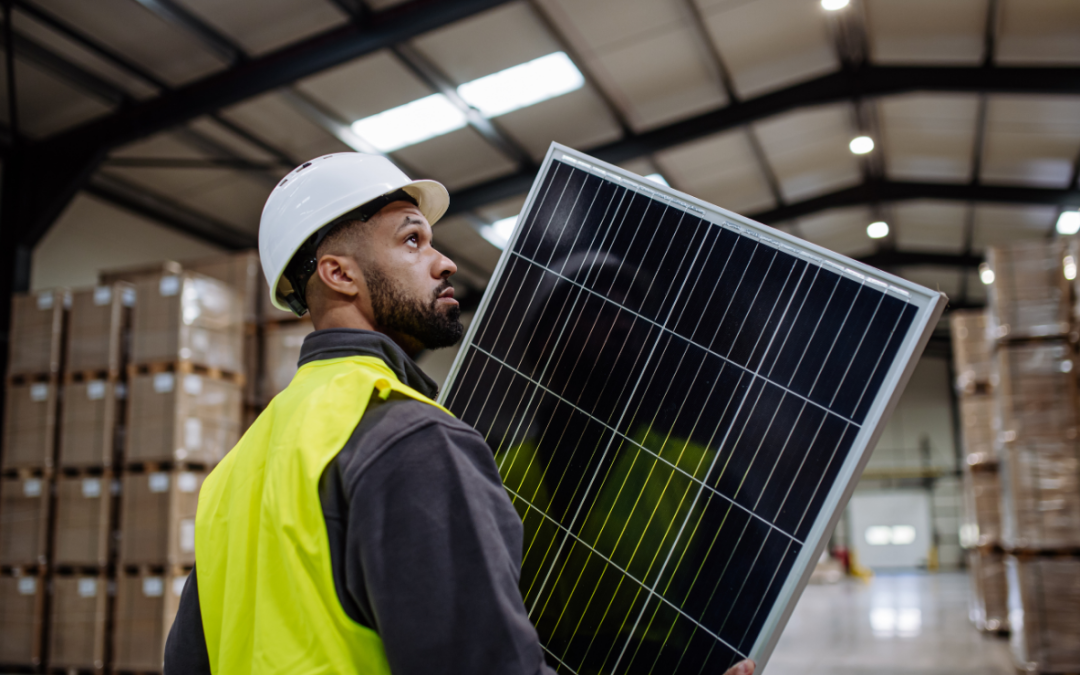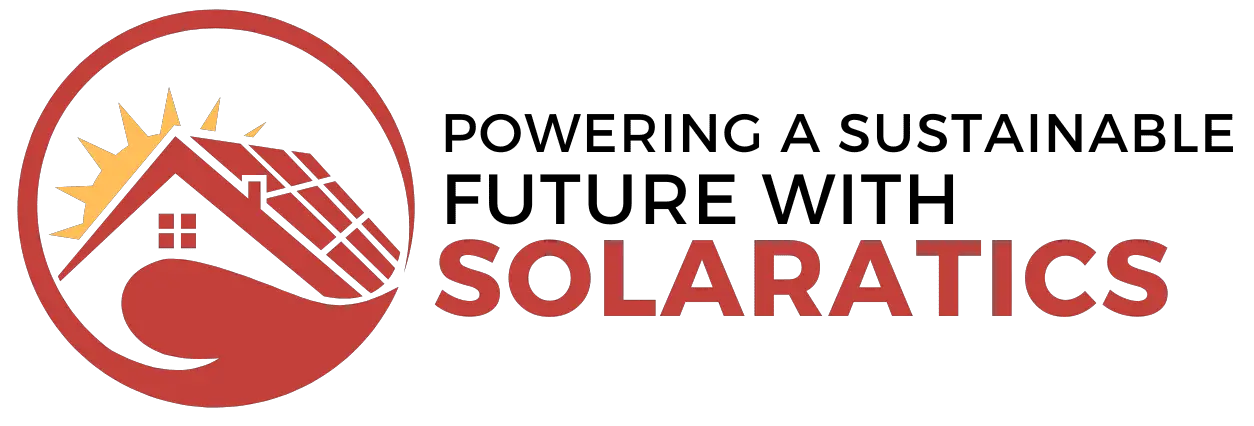Solar Energy Distributor:Key Role in Renewable energy Supply

Discover what a solar energy distributor does, their importance in the solar market, and how they connect manufacturers with installers and customers. Learn why distributors are vital for solar energy growth.
A solar energy distributor is a crucial link in the solar industry, helping to bring solar products from manufacturers to installers, retailers, and customers. Without efficient distributors, the solar supply chain would face delays and complications in getting quality panels, inverters, and batteries to the market. This guide explains everything you need to know about solar energy distributors, their responsibilities, and their impact on the solar ecosystem.

Solar energy distributors
What Is a Solar Energy Distributor?
A solar energy distributor is a business that buys solar products—like solar panels, inverters, and batteries—in bulk from manufacturers. They warehouse these products and supply them to solar installers and retailers. This system helps ensure that products are available when projects start, reducing wait times and costs for installers and customers.
Solar distributor: Key Functions
Financing and Support: Some distributors may offer financing options or other support services to help their customers grow their businesses.
Inventory Management: Distributors maintain large inventories of solar products from various manufacturers, ensuring a readily available supply for their customers.
Wholesale Distribution: They sell products in bulk to installers, contractors, and other businesses involved in the solar industry.
Technical Expertise: Many distributors offer technical support and guidance to their customers on product selection, system design, and installation.
Logistics and Delivery: They manage the logistics of getting products to customers efficiently and reliably.
Why Is a Solar Energy Distributor Important?
- Product Availability: Distributors maintain a ready stock to meet demand promptly.
- Cost Reduction: Installers avoid holding expensive inventories, saving money and space.
- Market Growth: By connecting producers to consumers, distributors help scale the solar market.
- Technical Support: Many distributors offer expert advice and customer help.
- Supply Chain Efficiency: They streamline logistics, ensuring timely delivery.
What Are the Main Responsibilities of a Solar Energy Distributor?
- Sourcing: Partnering with reliable manufacturers to stock high-quality solar products.
- Inventory Management: Maintaining balanced stock levels in warehouses.
- Order Processing: Managing sales orders from installers and retailers quickly and accurately.
- Logistics: Coordinating shipping to ensure products arrive safely and on time.
- Customer Service: Providing support, product guidance, and troubleshooting.
How Does a Solar Energy Distributor Differ from a Solar Installer?
| Aspect | Solar Energy Distributor | Solar Installer |
| Main Role | Supplies solar products from manufacturers | Installs solar products on homes/businesses |
| Function in Supply Chain | Handles procurement, warehousing, and delivery | Executes installation, system setup, and testing |
| Customer Interaction | Primarily with installers, retailers, or commercial buyers | Direct contact with end users during installation |
| Maintenance | Provides product support and logistics | Offers system maintenance and repair services |
How to Become a Successful Solar Energy Distributor
- Learn the Industry: Understand solar product types, market trends, and technologies.
- Acquire Business Licenses: Ensure legal compliance and certifications.
- Build Supplier Relationships: Partner with trusted manufacturers.
- Establish Warehousing: Develop efficient stock and logistics management.
- Develop Sales Channels: Target installers and retail partners through marketing.
- Offer Technical Support: Provide design guidance and after-sales service.
- Stay Updated: Monitor evolving solar products and regulations.
Challenges Faced by Solar Energy Distributors
- Supply chain disruptions are affecting delivery reliability.
- Managing inventory to balance demand and holding costs.
- Maintaining competitive pricing under market pressures.
- Adapting to changing industry regulations and standards.
- Keeping up with fast technological advances in solar equipment.
The Solar Energy Distribution Process
The distribution process involves several important stages:
- Sourcing Products: Distributors carefully select brands and product types such as solar panels, inverters, batteries, and mounting hardware to stock.
- Warehousing: They store these products safely, managing stock levels to meet fluctuating demand without delay.
- Order Management: Installers place orders based on project needs. Distributors must efficiently process and prepare these for shipment.
- Logistics Coordination: Distributors manage transportation, ensuring timely and safe delivery to customers.
- Customer Service: Responding to inquiries, troubleshooting product issues, and offering guidance helps maintain strong business relationships.
By managing this value chain well, solar energy distributors keep the entire renewable energy ecosystem moving forward.
Future Trends in Solar Energy Distribution
- Increasing use of digital ordering platforms and real-time inventory tracking.
- Offering financing options to customers through distribution channels.
- Expanding product portfolios to include energy storage solutions and smart solar tech.
- Emphasis on sustainable logistics and eco-friendly packaging.
- Growing global reach to meet rising international solar demand.
conclusion
Solar energy distributors play an essential role in the renewable energy supply chain. By managing product flow from manufacturers to installers and customers, they enable more efficient, affordable, and widespread solar adoption. Whether you are a solar contractor, retailer, or interested stakeholder, understanding this role helps you navigate the solar ecosystem better and contributes to accelerating clean energy growth.
FAQ:
They buy, store, and supply solar products like panels and batteries to installers and retailers, simplifying the solar supply chain.
Distributors supply and deliver solar products, while installers handle physical setup and system activation.
They ensure products are available when needed, reduce costs, enhance market growth, and provide technical support.
Knowledge of solar technology, strong supplier ties, legal licensing, warehousing, sales ability, and customer support.
Yes, many offer expert guidance, system advice, and after-sales support to installers.
